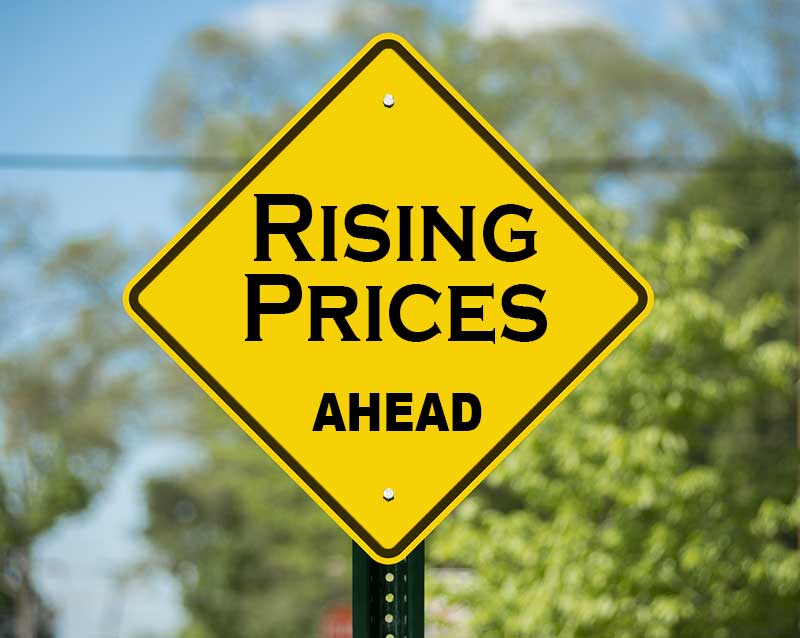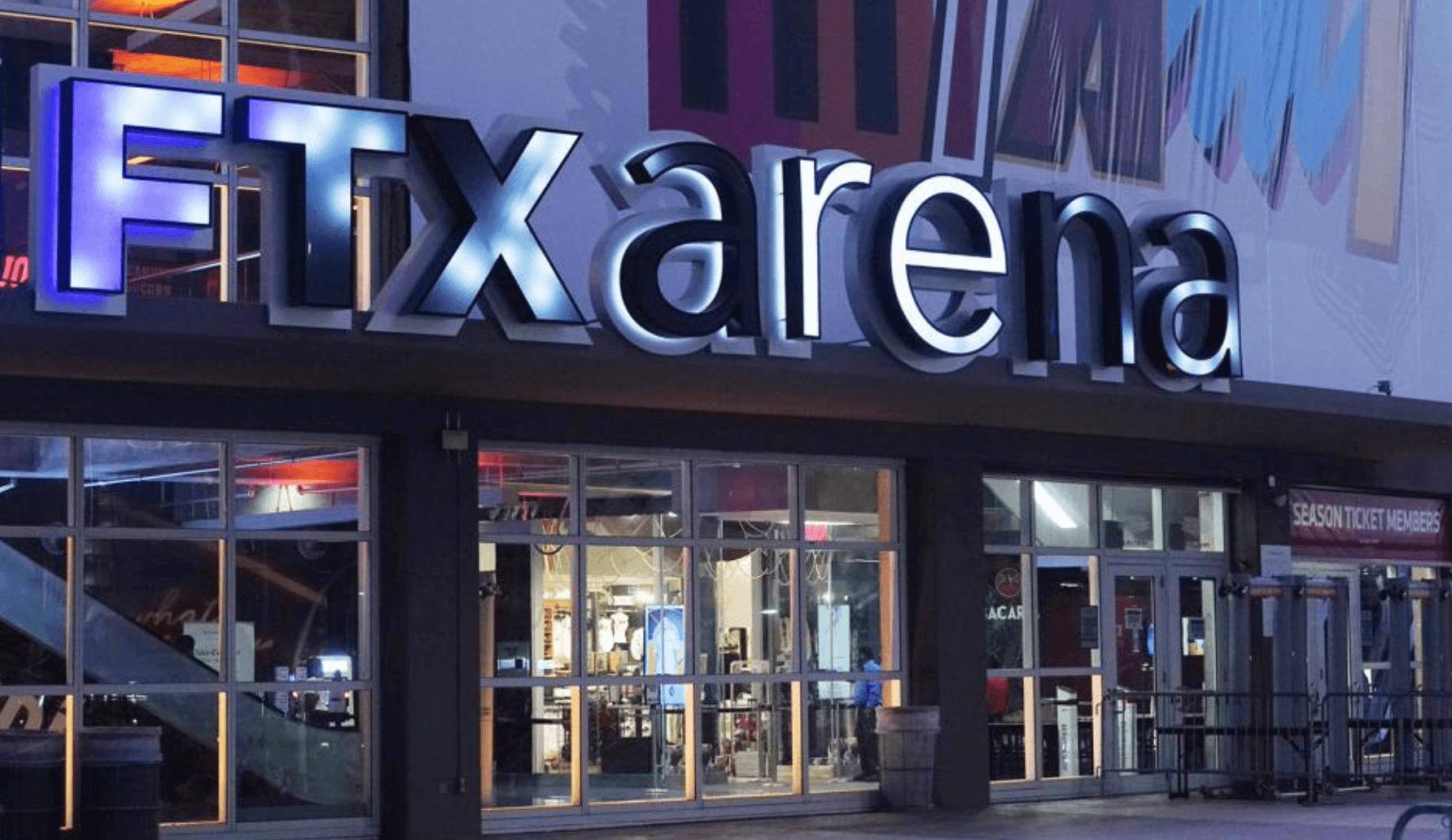By CultureBanx Team
- Consumer prices surged 3.2% and the Black unemployment rate stands at 5.8%, which is the highest for any ethnic demographic
- Fed rate hikes can make auto loans more expensive, along with credit cards, home equity lines of credit and other variable-interest debt
While inflation has come down off its 40-year highs, it continues to rise along with the Federal Reserve’s interest rate hikes, which have weighed heavily on the African American community. The unique economic challenges faced by this community are exacerbated by rising consumer prices that grew at 3.2% last month. High inflation has led to increased costs for everyday items, making it more difficult for families to meet their basic needs.
Why This Matters: The Federal Reserve’s decision to raise interest rates has made auto loans more expensive, along with credit cards, home equity lines of credit, and other variable-interest debt. Higher interest rates make it more difficult for individuals and families to borrow money, which can limit their ability to invest in education, start a business, or purchase a home. This combination of rising consumer prices and high unemployment could further stall the economic recovery for people of color.
Unemployment in the Black community stands at 5.8%, the highest among all ethnic demographics, according to the Bureau of Labor Statistics (BLS). Specifically, the Fed’s interest rate hikes impact the African American community because of their higher rates of unemployment and lower average income.
Contrary to popular belief, mortgage rates do not always move in tandem with the Fed’s rate increases. Sometimes, they even move in the opposite direction. However, due to faster inflation, the national average for a 30-year fixed mortgage has jumped from 3% at the start of the year to well above 6% now.
This rise in mortgage rates has made it even more challenging for African Americans to become homeowners. Homeownership is a critical pathway to wealth creation in the United States, and higher mortgage rates can make this goal unattainable for many African American families.
The Consumer Price Index (CPI) rose 3.2% from a year ago in July, showing that inflation has somewhat lost its grip on the U.S. economy. CPI is an essential measure of inflation and provides insight into the average change in prices over time that consumers pay for a basket of goods and services.
Situational Awareness: Almost all of the monthly inflation increase came from shelter costs, which rose 0.4% and were up 7.7% from a year ago. Rents rose 0.4%. The increase in shelter costs has been particularly burdensome for African American families, who are more likely to rent their homes than own them. High rents can make it more difficult for these families to save for a down payment on a home, further exacerbating wealth disparities.
CBX Vibe: “Inflation Blues” B.B.King









